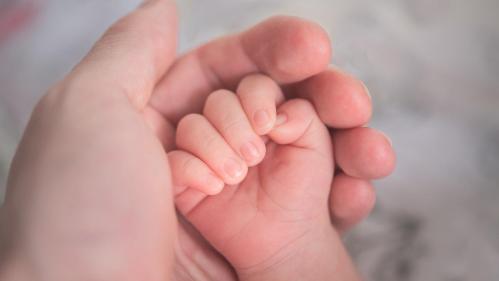
There are times we would all love to escape from reality, be someone else for a day or just get caught up in some fantastical dream. As adults, most of us don’t get to indulge in this sort of behaviour for very long, but young children dream big and are not afraid to express and live through their imaginations at will. How nice for them!
Halloween is the perfect opportunity for children to take on some other character. Most children are planning their costumes for at least a month before the night arrives. Such thought and effort, going into this one persona, demonstrates clearly the excitement dressing-up has for children; but besides fun, have you ever wondered what other benefits your child is getting from playing make-believe and dress up?

-
Empathy: Dressing up as someone else allows children to walk in their chosen character’s shoes. It encourages them to think as they imagine their chosen character would and feel what they may feel. This experience helps children to empathise and be more understanding of others.
-
Learning through role play: Children very often take on the roles of people they know when playing dress-up. Mummy, Daddy, Teacher, Big Brother/Sister, the baby, etc., are all explored through imaginary play. Children learn by observing others, and role play gives them the opportunity to experiment and practise with the information they have accumulated.
-
Release: Problems experienced by children can come out during role play. Often, with the help of other children playing with them, they work through and find answers to their issues in a safe, non-threatening way. If you are aware that your child is upset about something but is not openly expressing it, perhaps carefully observing their play will shed some light on the issue for you.
-
Creative thinking: In a world that seems to be calling out for entrepreneurs, creative thinking is an asset that will stand to anyone. With creative thinking comes the ability to problem-solve and be resourceful. Dressing-up and imaginary play gives children the opportunity to develop these highly useful thinking skills.
-
Social skills: Playing dress-up as a group requires children to share costumes, take turns playing different roles, be respectful of one another, and work together as a creative team. They must learn to compromise and improvise, as their foresight into the game can change direction many times due to the numbers of children contributing. Thinking on-the-go and learning to occasionally go with the flow may also help children to lead a more care-free, simple life.
-
Language development: Dressing-up encourages children to speak as their character would, re-calling vocabulary and expressions they have witnessed from their character. The art of conversation is also practised whilst playing dress up with others.

Halloween only comes around once a year but for children, dressing up and imaginary play is beneficial to them all year long. So, next time you’re clearing out your wardrobe, maybe don’t be so quick to get rid of everything. Start building a supply of dressing up clothes for your kids to play with and who knows, watching them, you may even learn a thing or two about yourself!







